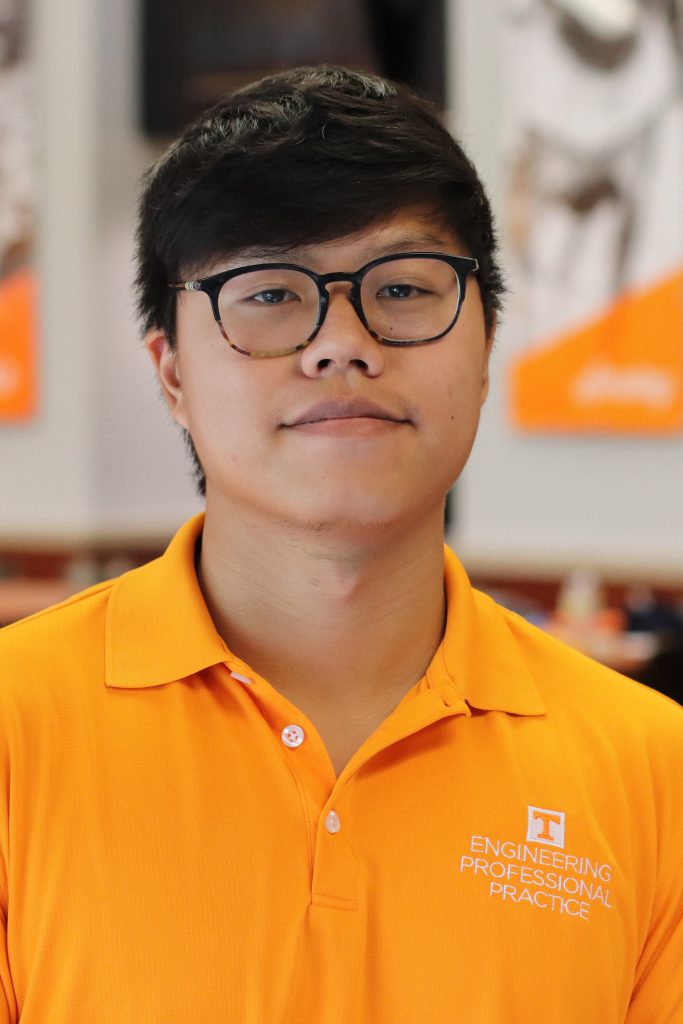- Major: Industrial & Systems Engineering
- Company: Cargill
- Graduation Year: 2023
- E-mail: mcho6@vols.utk.edu
Profile
I did a total of 4 rotations with Cargill. Cargill is the US largest privately owned company. They are also one of the world's top producers and distributors of agricultural products such as sugar, oil, chocolate, and processed meats. I worked as a reliability engineer co-op for the first two rotations in Sidney, Ohio. I lead a $75,000 project to reduce the amount of oil buildup in our nitrogen vent line. This also led to another project where I constructed 2 new preventive maintenance plans for pressure vacuum relief valves for 7 manufacturing plants across North America. My third rotation was in Dodge City, Kansas working in the maintenance department. The plant where I worked is a primary beef plant, it is considered one of the largest packhouses in the U.S. I lead a $4.2 million-dollar project by planning on replacing all current hydraulic systems on the fabrication side with electric. The project includes sizing every single electric motor and gearbox ratio and any conveyors, creating a contractor scope to build a new MCC room, and adding VFDs and local disconnects during replacement. I spent a lot of time managing contractors to get quotes and bids for the project. My fourth rotation was in Fort Worth, Texas working in the maintenance department. The plant I worked at is a cooked facility. The plant focuses on value-added products such as pepperoni, sausage crumbles, etc. I worked closely with wastewater by reducing the TSS and BOD levels from the current water bill by adding a deduct meter. I lead a $421,000 project to replace our current waterline by replacing all booster pumps with a dual pump system and adding a bypass to run a lead-lag system. I have also implemented reliability practices onsite and created an SOP for maintenance to conduct vibration and oil testing on higher criticality assets to reduce unplanned downtime.
Doing a co-op gives both the company and students a much more valuable experience. An internship is designed to help students learn a manufacturing plant's process and standard operating procedures. However, a co-op is intended for students to not only learn the process but also have the ability to implement projects.
One of my significant work-oriented achievement during my co-op rotations was that I prevented a potential business continuity loss of greater than 3 million dollars. Thirst for knowledge, always ask questions if you need help.
Participating in a co-op prepared me to be a better engineer since it gave me a better perspective of why engineers do what we do. Doing a co-op gave me the experience I need to apply what I learn in class in the real world. Participating in co-op also gave me the opportunity to network with the CEO of Cargill and multiple corporate regional engineers and operations directors in North America.
It is never too early to start a co-op. Being able to start a co-op right after freshman year gave me a competitive edge compared to other students that did not have any experience under their belt. Co-ops can also give you a perspective on what field you would like to go into before committing to a company for a full-time job.
I am the Vice President of Lambda Chi. I enjoy hanging out and going to the gym with my fraternity brothers in my free time.
Be authentic when talking to recruiters and co-workers. Even if you are not able to get an interview, never stop talking to company representatives. Go to the engineering expo every semester until you find the co-op/internship you want or event to just network. Go out there and conquer the world.
